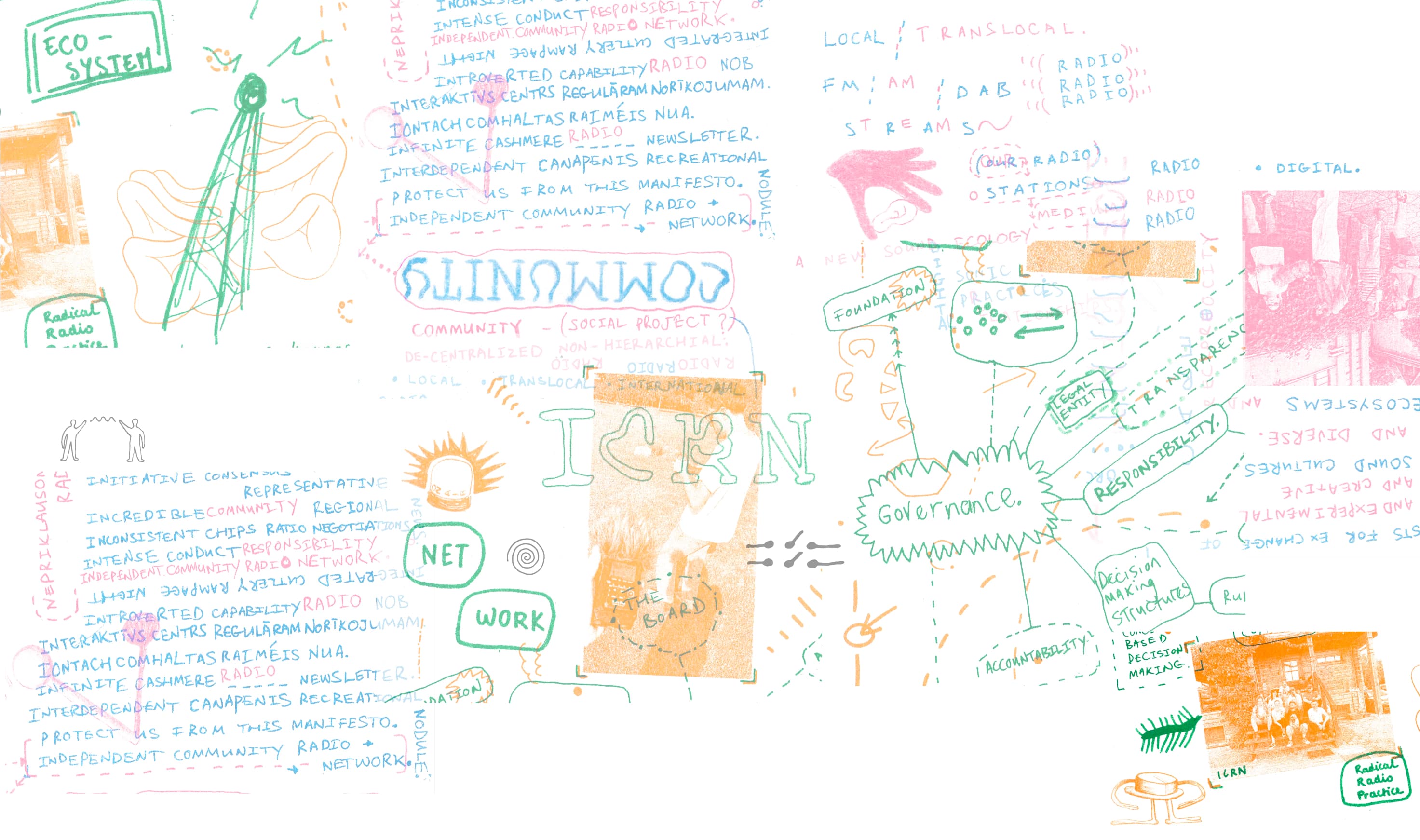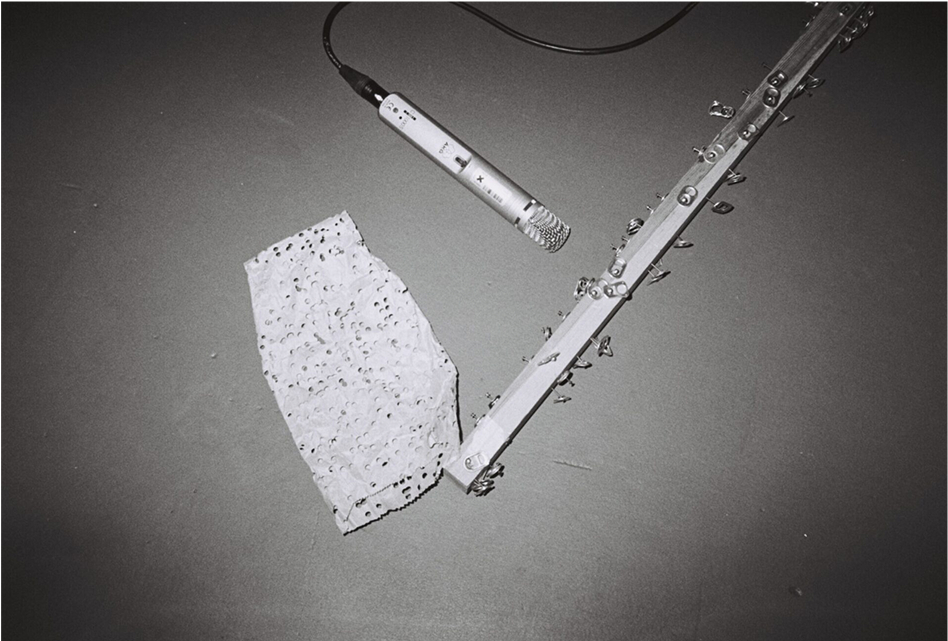

Independent Community Radio Network. We connect and support radios from across Europe to foster sustainability, cross-regional collaboration, and knowledge-sharing in independent radio and community media.
More Info →


Independent Community Radio Network. We connect and support radios from across Europe to foster sustainability, cross-regional collaboration, and knowledge-sharing in independent radio and community media.
More Info →